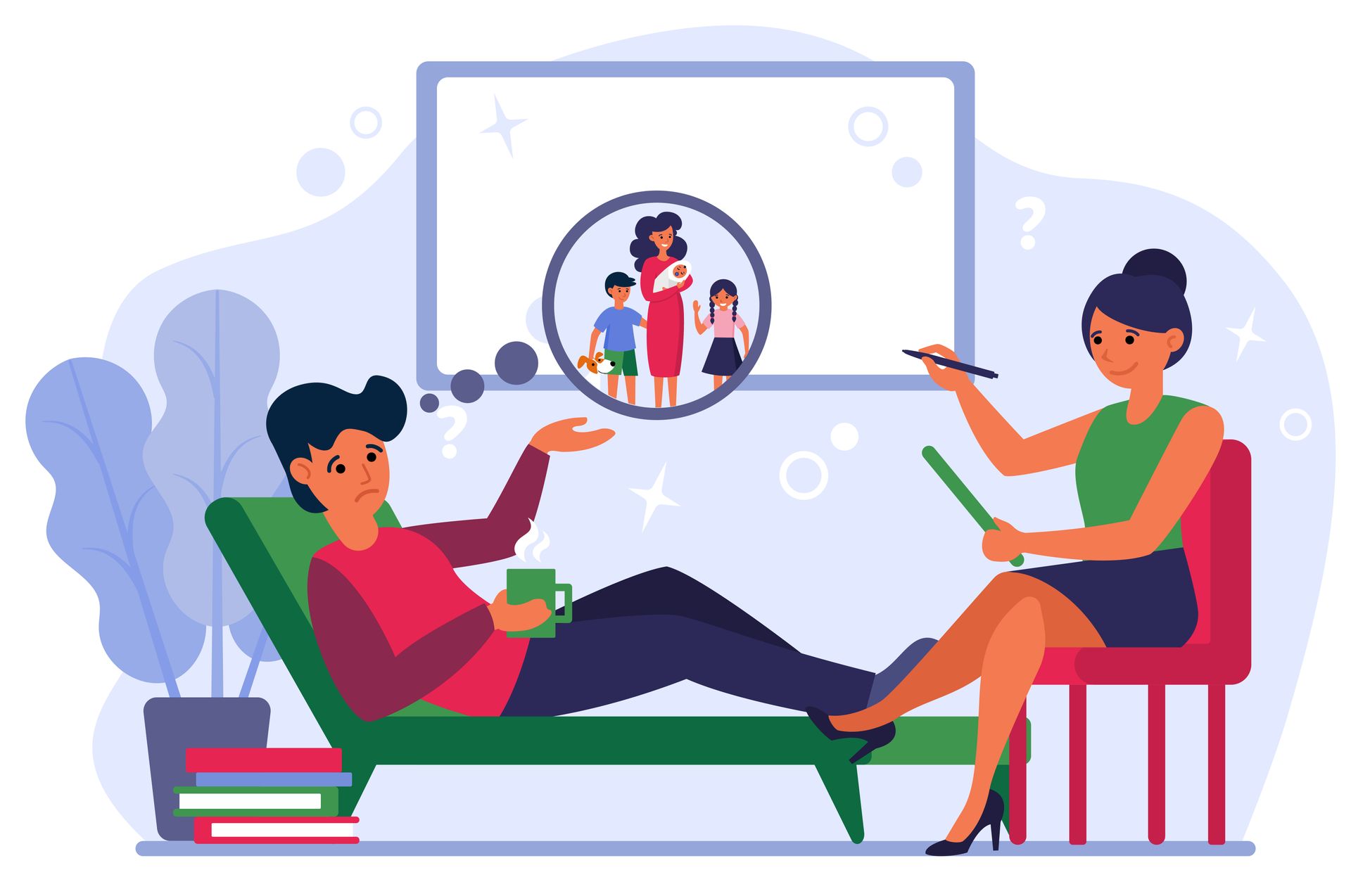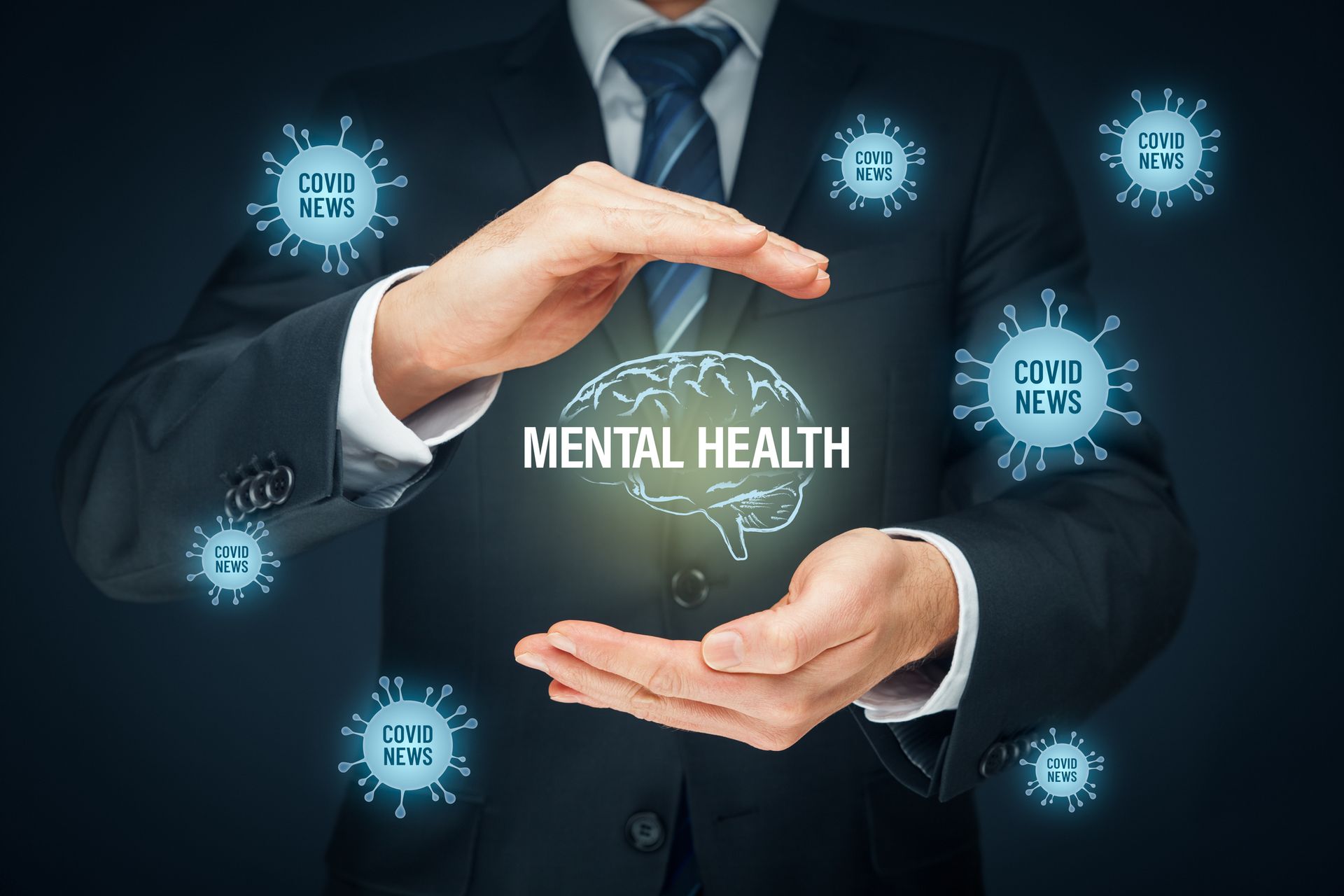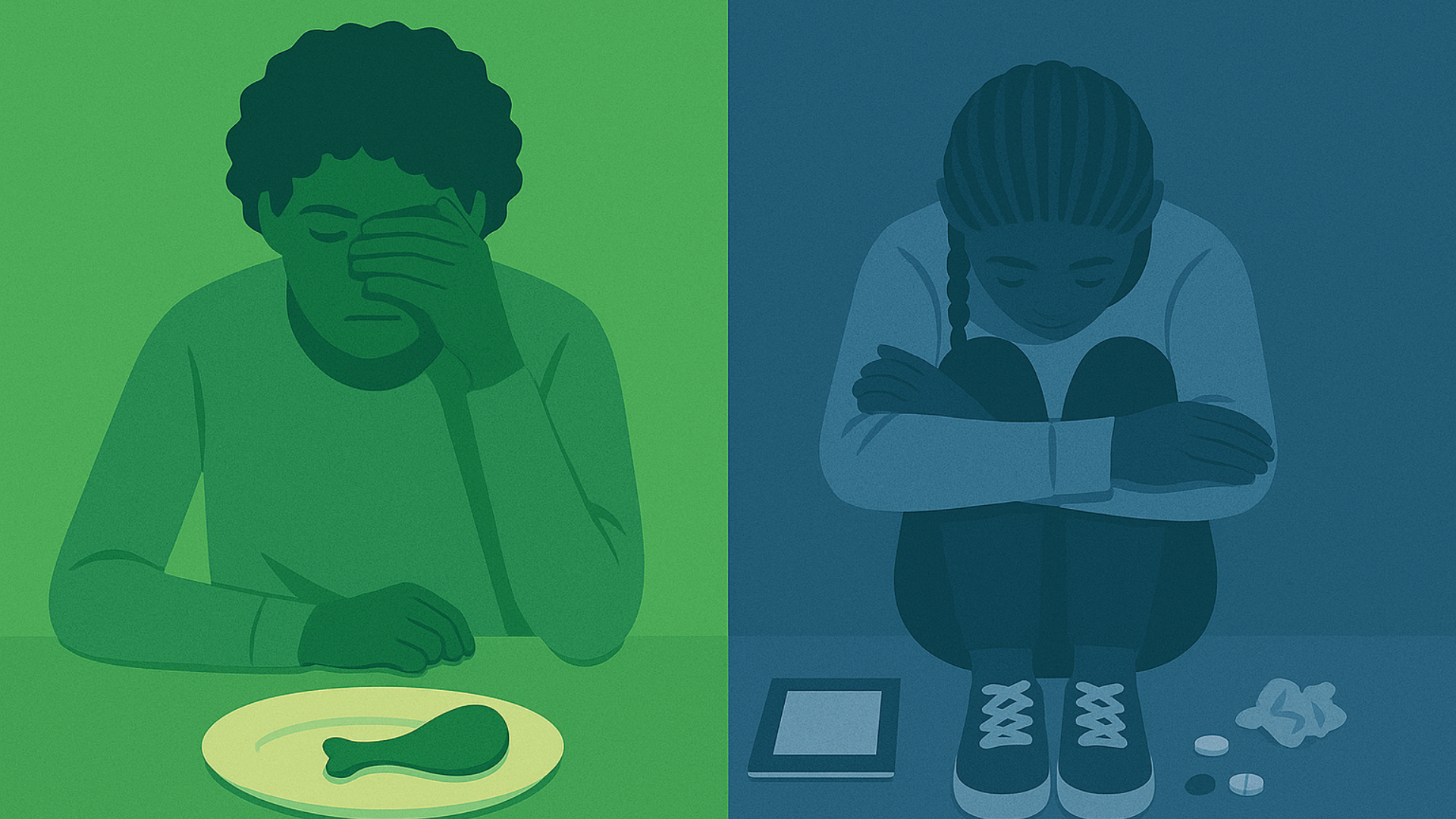Mariah, 47, thought the substance abuse crisis she faced a quarter century ago was ancient history.
“(As a young adult) I was a party girl,” said the Reno mother of three who didn’t want her real name used. In the 1990s, she drank excessively and abused any recreational drugs on offer. Getting high was a lifestyle, “but before I really hit bottom I got help,” she said. Friends and relatives staged an intervention. Mariah successfully completed a rehabilitation program and went to 12-step meetings for years afterward. She got married in her early 30s, had kids and was a “responsible adult,” she said.
The pandemic and its attending series of disasters pummeled her. In March she lost her casino job. By July she was worried about getting evicted from her duplex. She feared the virus and worried that she would slide into long-term poverty. Her ex-husband, who was waiting for delayed unemployment benefits, was late with child care payments. Her kids, one of whom is a special-needs child, were struggling with remote learning. The stresses piled up. The isolation of staying at home made them worse.
Mariah discovered she is still a recovering addict.
A demon returns
In August she remembered she had kept some leftover narcotic pills from a surgical procedure from years ago. She waited until the children were asleep and took a few, washing them down with glasses of wine. “It was like a vacation” she said of the euphoria she experienced. The next day she felt two things: “I was so guilty and ashamed, but I couldn’t wait for the kids to go to bed so I could take more.”
The pills were consumed in a few days. She confessed her secret to her mom, who agreed to pay for therapy. Mariah found a local therapist in October who communicated through video chats, emails and text messages. “I’m OK,” she said on Jan. 20. “It was scary though. I didn’t consider (the pills) a relapse, because when they were gone they were gone, but it was a relapse.” She said had been able to get more pills she would have kept taking them.
“(The substance abuse) wasn’t behind me. I guess it will always be there in the back of my brain waiting to pop up when things turn to shit… The divorce didn’t (make addictive behavior surface); I wasn’t even tempted then, never thought about getting high.” It took a pandemic, she said, for the monkey hiding in her brain to hop on her back for another ride.
A deluge of assistance calls
Mariah is not the only Nevadan who has relapsed or faced mental challenges in the pandemic. The Nevada chapter of the National Alliance for MentalIllness (NAMI) logged a 600% increase in calls to its phone assistance lineduring the lockdown last spring. The service helps residents navigate local mental health resources. From 2019 to last year, the overall volume of help-line calls increased 217%.In 2019, NAMI fielded about 3,300 calls from citizens looking for guidance; in the first 11 months of 2020, the organization received 10,468 calls.

The calls peaked during the weeks of the hard quarantine, with about six times the average number of calls. Fifty percentof callers mentioned COVID-19 as a stressor on their lives. Reports of symptoms of depression, anxiety and worries about social isolation — issues also referenced in about half of help line calls during “normal” years — were mentioned in 80% of last year’s conversations.
“We didn’t know what to expect in the pandemic,” said Robin Reedy, executive director of NAMI Nevada. “… (But) the spike of 600% during the actual shutdown was absolutely more than we could have anticipated.” She said NAMI’s telephone “warm line” is staffed by “peers,” people who have lived with mental illness themselves and understand what callers are going through. The non-profit group scrambled to distribute cell phones to those staff members so they could work from home and deal with the increased demand for help. “It was overwhelming,” Reedy said.
Nevada lacks resources
NAMI’s purpose is to advocate, educate and support mental health issues. The warm line is a referral service that points callers to local resources, agencies, non-profit groups and health-care providers. It’s not a long list, she said, although some of the area’s non-profit organizations fill gaps in the area’s limited network of mental health caregivers.
“We’re number 51 on lists of states for adequate mental health services. We’re dead last, and I mean that quite literally. People die because we don’t have enough services.”
– Robin Reedy, executive director of NAMI Nevada.
NAMI’s warm line is for non-emergency use. It takes a lot of the burden off crisis call lines and local 911 systems, Reedy said. “This way (callers) are not tying up those higher-cost (emergency) systems,” she said. “We’re able to help keep people stable on the warm line just by talking to them, by people sharing their lived experiences with the callers and understanding what they are going through.”
Reedy said the number of people asking for help is soaring because “of the inescapable circumstances we find ourselves in… On one hand, it’s alarming to see such a steep rise in call volume, but on the other hand, we are encouraged that when these individuals feel they need help they are beginning to reach out.”
Fear, worry, stress

Worry, anxiety and fear are normal responses to stress, but in the context of the COVID-19 pandemic those reactions are multiplied, magnified and constant.
Kat Geiger, the founder and CEO of Thrive Wellness Reno , said her clinic now has 1,700 clients.
Everyone lives in the shadow of the contagion. People are weathering the crisis under unequal circumstances, but all feel some level of stress. The new realities of unemployment, working from home, home-schooling children and lack of physical contact with family members and friends increases the pressure of life in the pandemic.
“So I’d say that 217% increase in calls that NAMI reports is pretty similar to what we’ve seen and the amount of active clients that we serve,” she said. “If anybody had a previous struggle, they are really struggling now. There’s nothing like isolation and financial hardship to trigger a relapse in any mental health or substance abuse struggle you may have had.”
Mental health care workers, like front-line hospital staff members, are “having to work longer, harder, and attend to far more emergencies than usual,” Geiger said. “It’s hard to come up for air when so many people are in crisis; it’s hard on everyone.”
Eating disorders, depression
Relapses aren’t limited to substance abuse. Geiger noted that February is Eating Disorder Awareness Month, and Thrive Wellness therapists and counselors are seeing an increase in the number of people who report those conditions. The pandemic, she said, is out of peoples’ control, so individuals may react to that sense of helplessness by controlling things that they can control.
“Someone may think, ‘oh my gosh, I’m so fat,’ and focus on that. That feels more manageable than coping with unemployment, being unable to pay rent, losing health insurance or a family member or a friend dying of COVID. We are definitely seeing a lot of that.”
— Kat Geiger, CEO of Thrive Wellness Reno.
Her patients also report changes in sleep patterns, both in insomnia-related conditions or people sleeping long hours to escape day-to-day worries. “Getting a proper amount of sleep is really key in preventing the onset of any mental health struggle,” she said.
Depression and anxiety are byproducts of the crisis. People who already have coped with depression may experience a flare up of the symptoms. “Most people have some sort of mental health struggle, whether it’s diagnosable or not,” Geiger said. Eating disorders, obsessive-compulsive behavior and other conditions can bloom during periods of unrelenting stress. “People can cope in ways that aren’t adaptive,” she said. “They may drink lots of wine in the evening or diet or eat more than usual; they may fall back on old behaviors to numb the pain.”
Reaching for help
Geiger said finding support is critical. “Having another person there to support you, to help you process through those stressors, is incredibly helpful,” she said, even when a person isn’t on the verge of a diagnosable mental condition. “Talking to people about what’s bothering you is a preventative from falling into maladaptive behaviors,” she said. “Getting help is not just something you wait for until you are sick, it’s also for keeping you from getting sick.”
She said the goal is for people to “thrive, not just survive,” and urged residents who are isolated and idle to “find a hobby, get out, walk, take a lunch break, and develop a daily routine in your life. We have to exercise a lot of self-discipline… We can get into self-destructive behaviors if our brains are just dormant. We’re not made for that. Find something you love, that you have an interest in, and do that.”
One positive effect of the pandemic’s toll on mental health is that people seem more open to seeking assistance. Another upside is the willingness of some people to help others. “Helping others who are also struggling is a positive way to cope,” Geiger said. “That sense of strong community is a very protective factor against any sort of mental health struggle.”
NAMI needs support
As the Nevada NAMI chapter helps others, it also needs community support. The chapter’s annual fundraising period continues into February. NAMI’s free digital broadcast, “Drive to Thrive 2021 ,” took place Jan.22, but the educational and awareness program is available on YouTube.

The video features testimonials from those who have dealt with mental challenges; resources and tips viewers can use to better integrate wellness into their daily routine; and stories that highlight how mental illness affects individuals in ways that may not be readily apparent.
Other presenters include: Clint Malarchuk, former Canadian professional ice hockey goalie who survived a life-threatening incident on ice and best-selling author of “ A Matter of Inches” and “The Crazy Game;” Grant Denton, founder of the Karma Box Project in Reno; Reno resident Emma White, who recently published “ It’s Not OK, but It Will Be: How I Survived Suicidal Depression and You Can ,Too;” and Joyce Bosen, founder of Trauma Recovery Yoga (TRY) , who provided free lessons to first responders of the Route 91 music festival shooting in Las Vegas.
Legislative wish list
The advocacy group also will be presenting its priorities at the Nevada Legislature on Feb. 16. Reedy said the pandemic has underlined why better health and human services are essential needs in the Silver State.
“The lack of health and human services support is at the root of mental health problems,” she said. “Housing (is a main factor), because you can’t have good mental health if you don’t have a roof over your head or know where your family’s next meal is coming from. And parity in health insurance coverage is a big issue, because mental health conditions need to be treated the same way physical health conditions are treated, the way we treat diabetes or a heart condition.”
Reedy said NAMI fights the stigma surrounding mental health problems. “We need to talk about (those conditions) the way we talk about having a cold,” she said. “The stigma, the bias, the discrimination needs to go away. She also noted that “insurance parity (coverage for mental as well as physical illnesses) is a federal law, but it’s not happening in Nevada.” Medication concerns also are on the group’s legislative agenda, she said. “Medication needs to be a discussion between the doctor and the patient. No one else should deny it or channel the patient to another medication.”
A day at a time
Mariah, who nearly fell back into addiction, said she is still in regular communication with her therapist and is actively looking for work. She felt as though her problems were crushing her, she said, but counseling, practicing meditation and reaching out to others who need help has taken the pressure away.
“(The pandemic) isn’t going to last forever,” Mariah said. “I don’t feel alone now… I’m not happy-go-lucky by any means, but I’m content and I’m taking everything one day at










